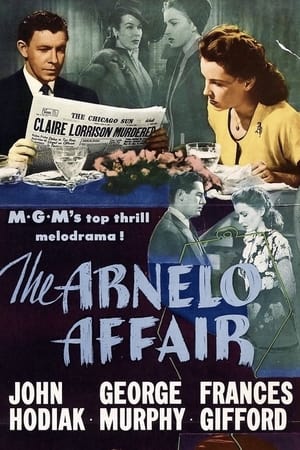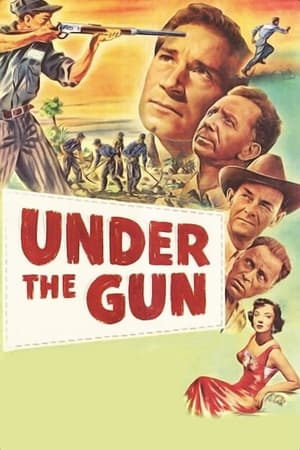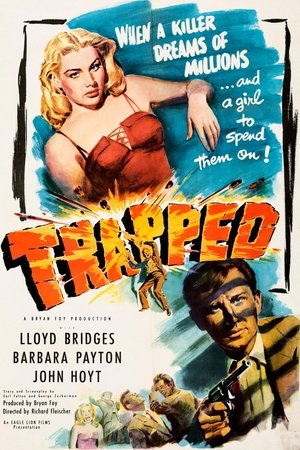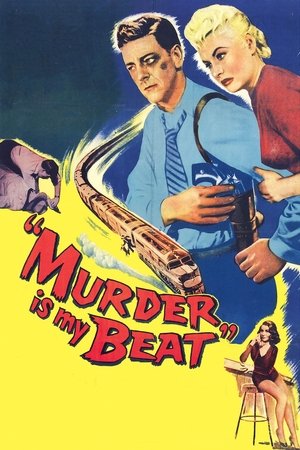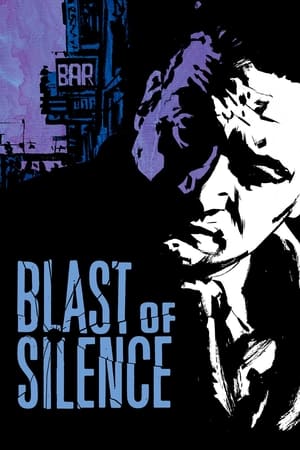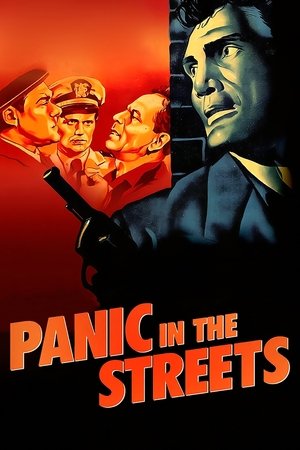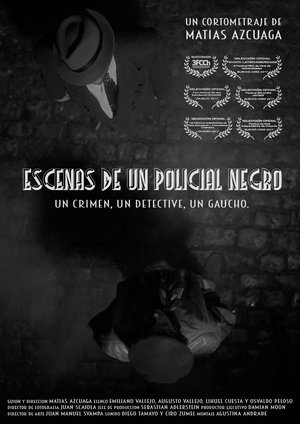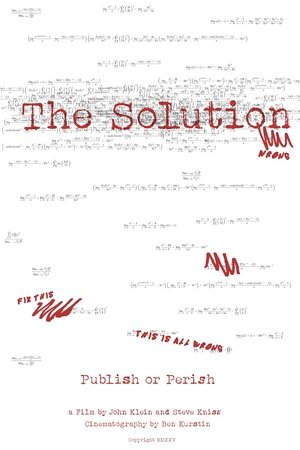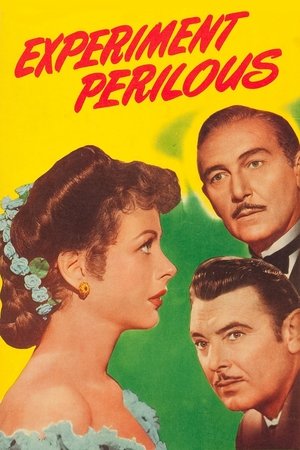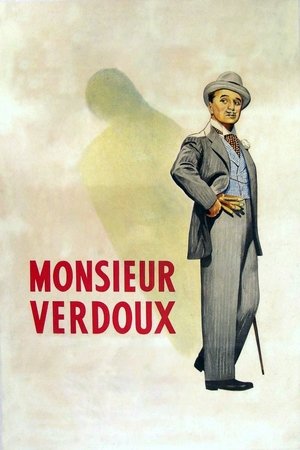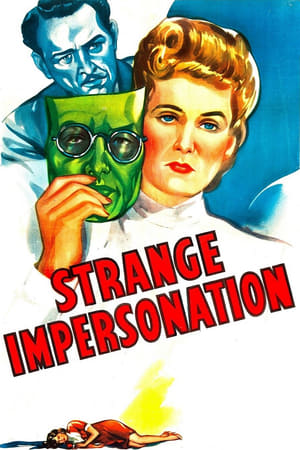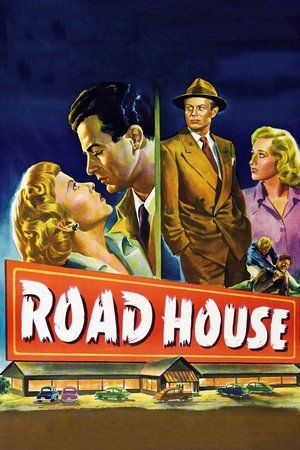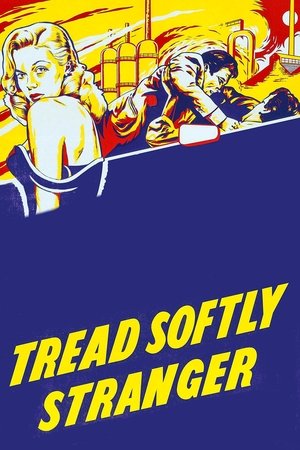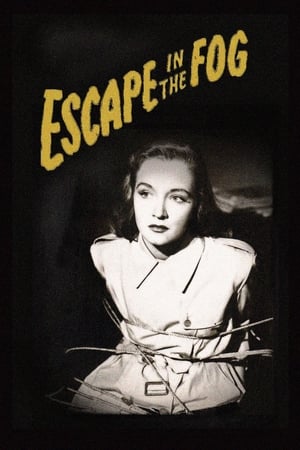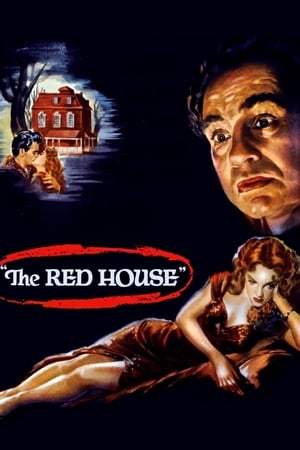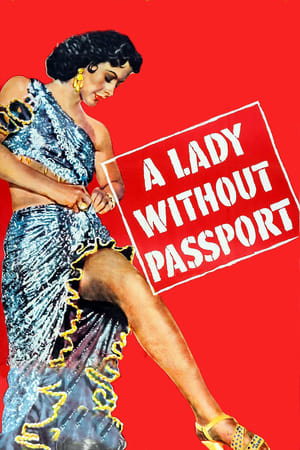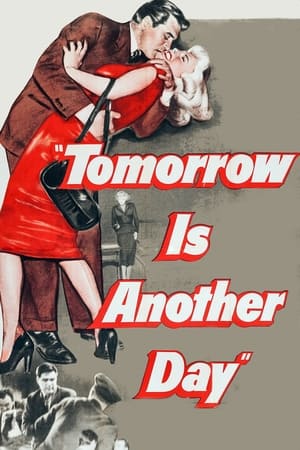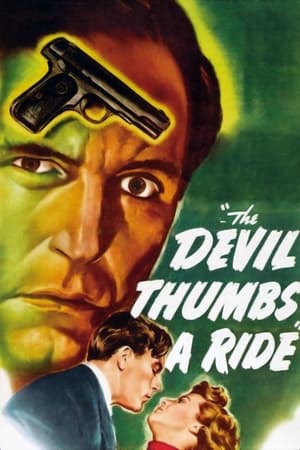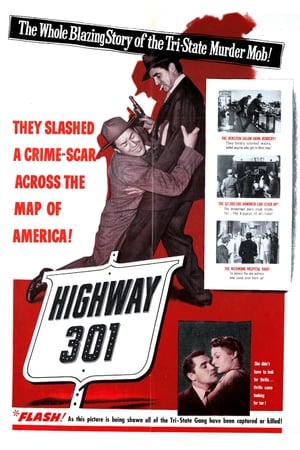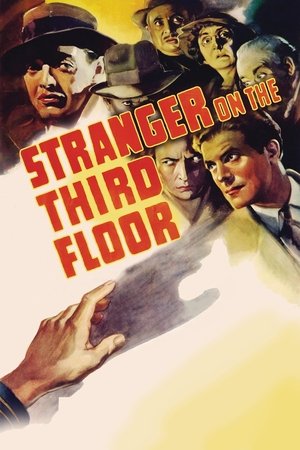Overview
A girl enlists a psychic to get rid of her murderous alternate personality.
Reviews
Two mind systems operating from the same brain.
Bewitched is written and directed by Arch Oboler. It stars Phyllis Thaxter, Edmund Gwenn, Henry H. Daniels, Addison Richards, Horace McNally and Kathleen Lockhart. Music is by Bronislau Kaper and cinematography by Charles Salerno Jr.
One of the most interesting of splinters to come out of film noir was that which dealt with psychoanalysis. Be it mentally scarred war veterans, amnesia sufferers with locked in repression, or a victim being pushed to the mental abyss by an outside force, the state of mind factor was ripe for any sort of film noir sheen.
What was under represented were films that dealt with mental illness' like schizophrenia or multiple (split) personalities. History tells us that Hollywood took a long time to get to grips with such topics, very much resorting to guesswork (and sometimes laughable) solutions to mental health issues just to close out the movies with a happy outcome.
It would take until 1957 and Three Faces of Eve (and to a lesser extent Hugo Haas' Lizzie released the same year) for the personality disorder issue to break out of Hollywood and into the public conscious. But even then with "Eve", if you take out Joanne Woodward's spell binding performance you are left with some mumbo-jumbo and a daft resolution to the curing of the patient.
So where does this leave Bewitched in 1945? Transferred from radio to the big screen by Oboler, from his own story titled Alter Ego, Bewitched suffers from the same simplified problems of so many like minded sub-genre movies, in that the resolution ("cure") is just so hard to get on board with. However...
If allowing the film some grace for the time it was made, then there's a very good picture here. Clocking in at just over an hour, it certainly feels and plays like one of those extended episodes of The Twilight Zone from Season 4, but the atmospherics and lead performances of cast members ensure this is fascinating and suspenseful entertainment.
Plot essentially sees Thaxter as troubled Joan Alris Ellis, who after starting to hear a sinister voice in her head (voiced by noir darling Audrey Totter), flees to New York to start afresh, leaving behind family and her intended husband to be. After becoming involved in a warm relationship with Eric Russell (McNally), Joan finds that the voice, her alter ego, is not going to go away and urges Joan to commit murder.
Pic unfolds in a flashback structure, Joan is awaiting execution and we learn how she came to be in this situation. Oboler and Salerno film the piece through a film noir prism, ensuring that a disquiet mood is prevalent throughout. As the lens' mist up and shadows fall (99% of film is set in darkness or daylight as darkness), the visuals marry up nicely with poor Joan's befuddlement.
Oboler is guilty of letting the piece meander at times, as it often becomes over talky (the radio origins practically scream from the speakers!), but he has a very sharp eye for an evocative scene, and he's also capable of telling tech flourishes. Joan running down a street lit by bulbous lamps is straight out of noirville, distorted angles come and go, and clocks feature prominently, like Old Nick is right there counting down the seconds on every clock face.
Then it's that resolution. Simplified for sure, but not without eeriness personified as Joan's femme fatale alter ego arrives on the scene in a clear case of angel and demon perched on either side of the hapless patient. With Thaxter excelling with her haunted portrayal, Gwenn exuding assurance unbound, and Kaper (Gaslight) drifting a creeping menace like musical score over the proceedings, the impact garnered belies the "B" budget afforded the play. 7.5/10

 65 min
65 min
 5.3
5.3
 1945
1945
 USA
USA
 John Chard wrote:
John Chard wrote: